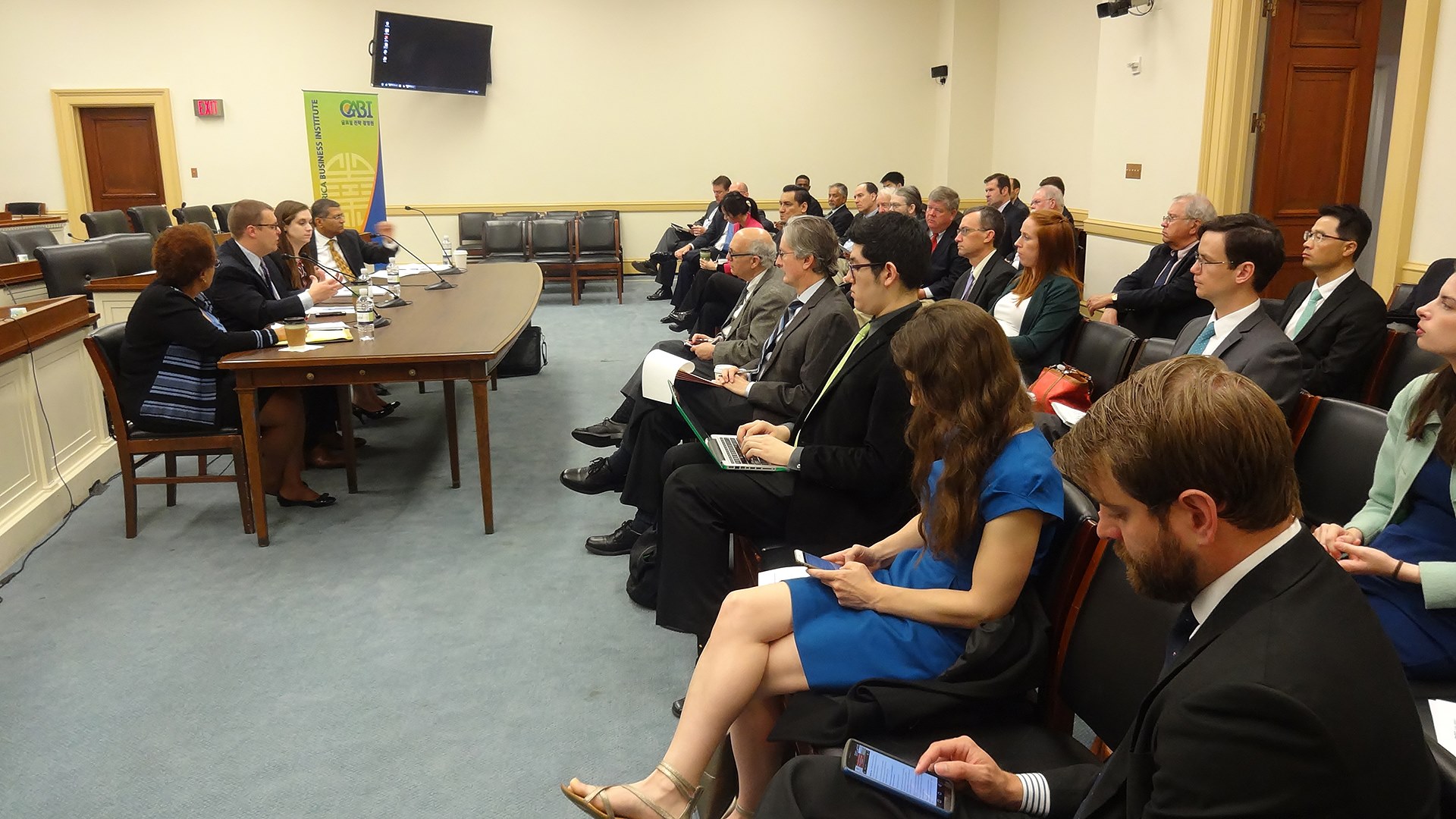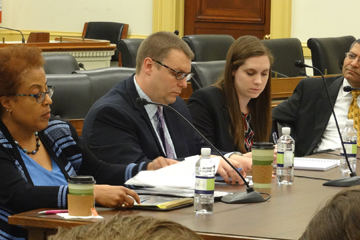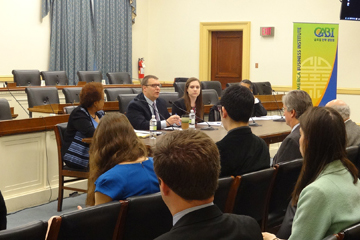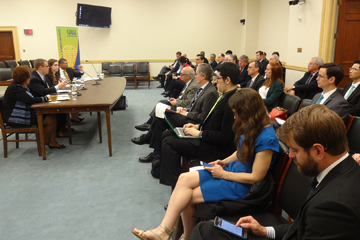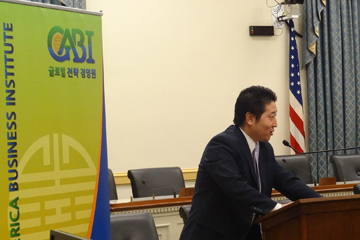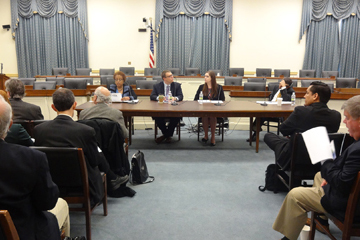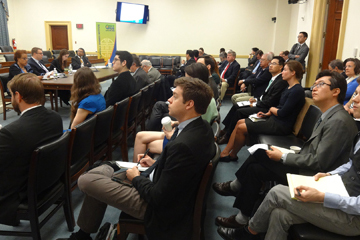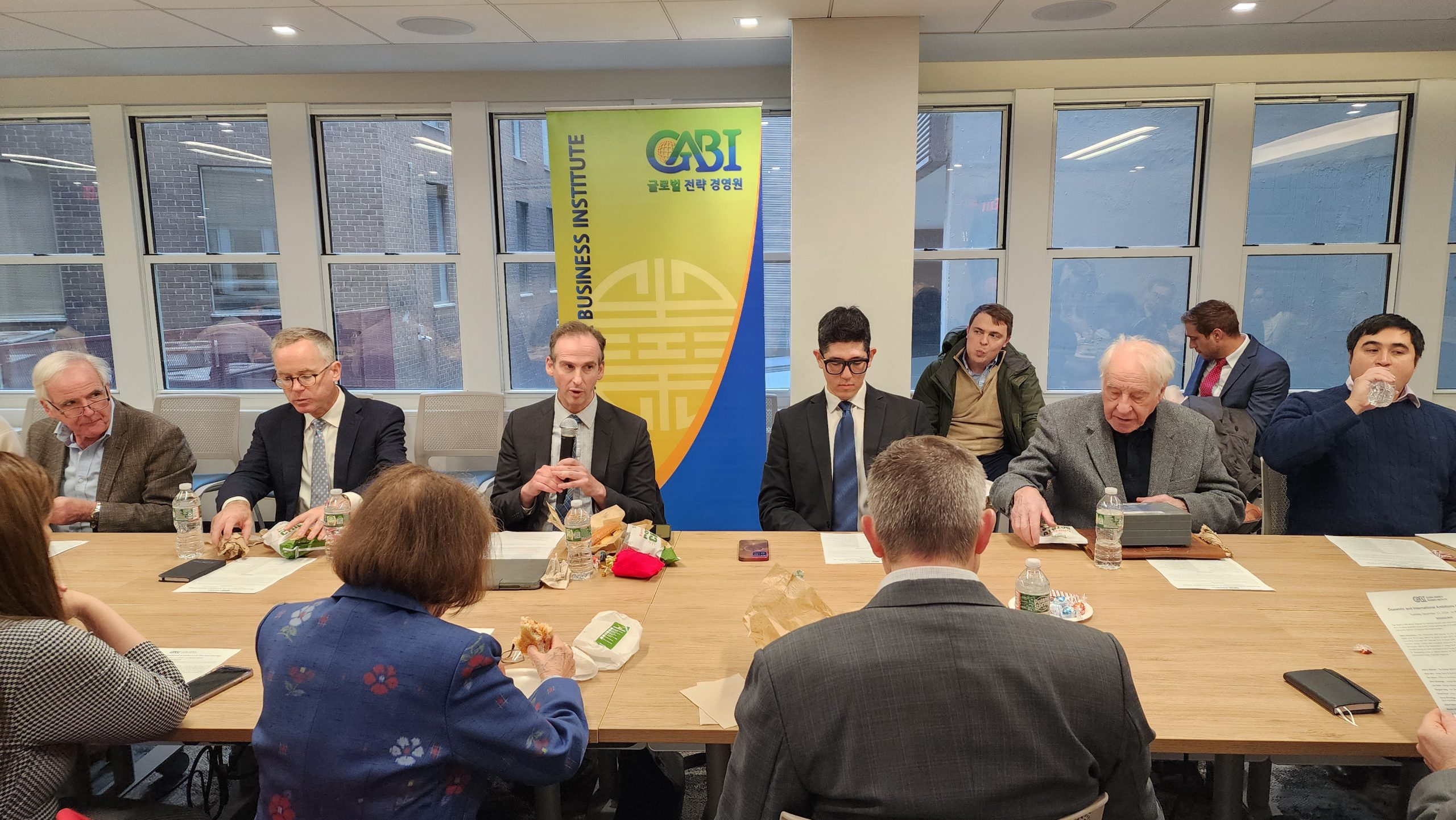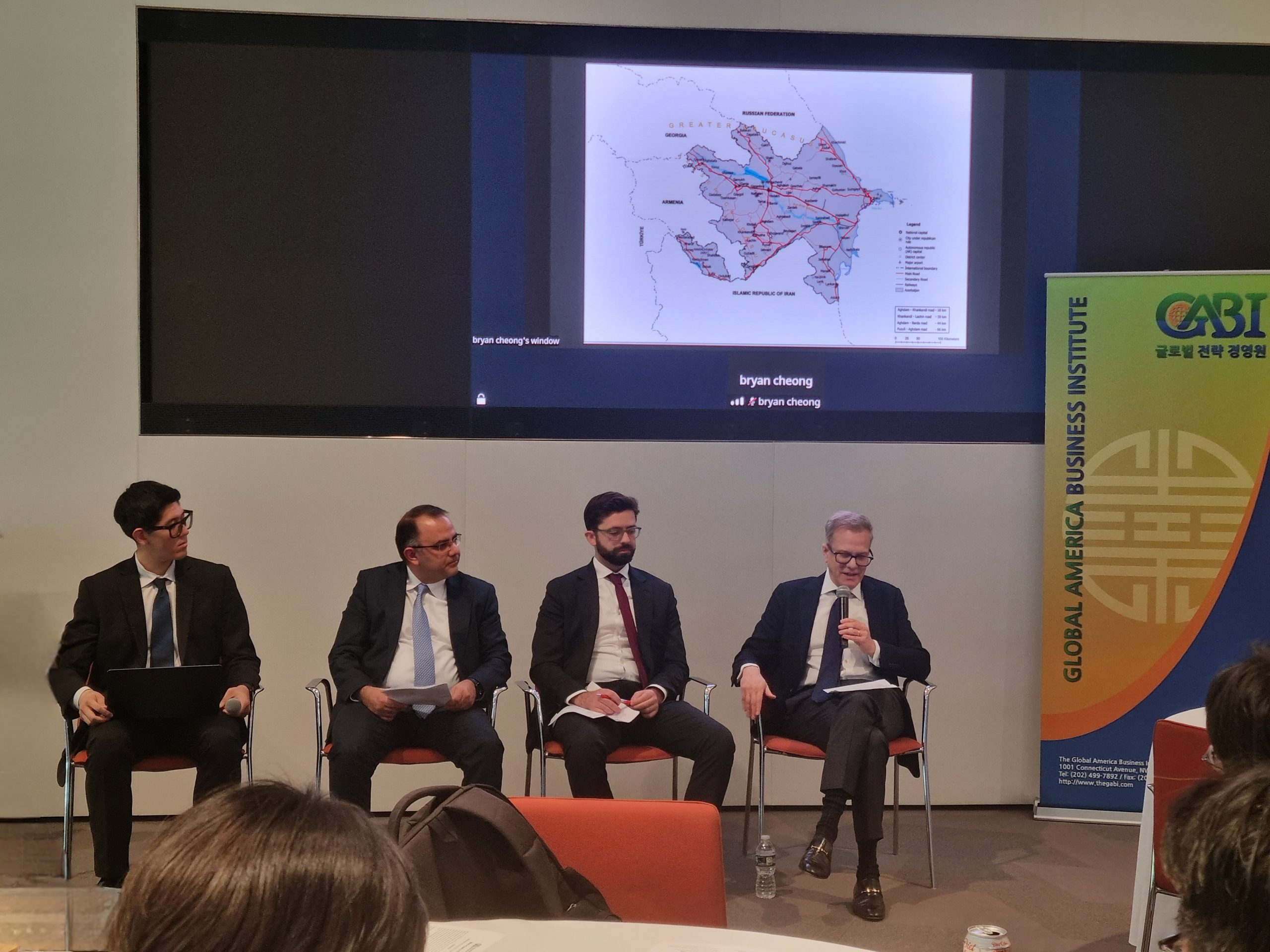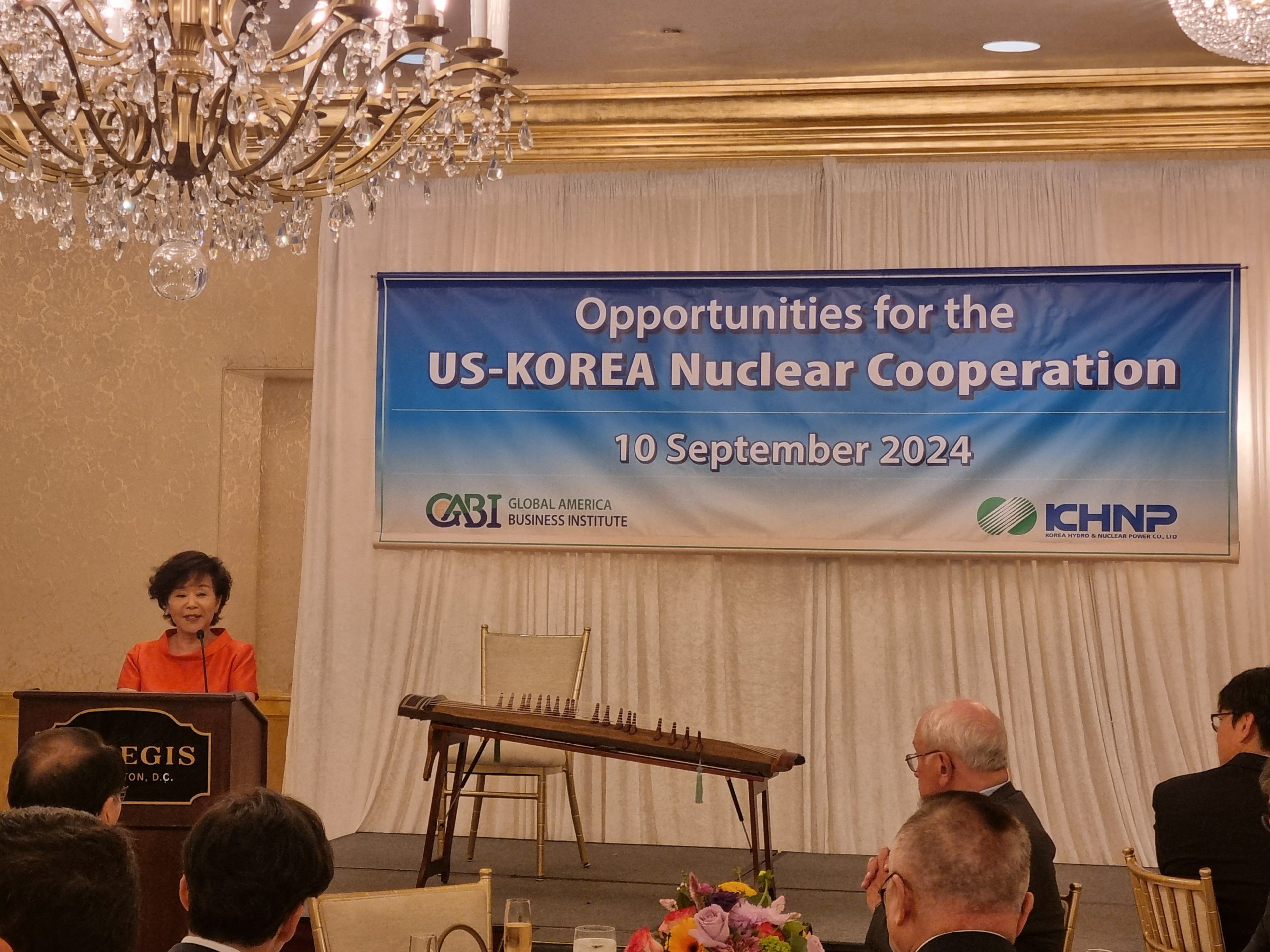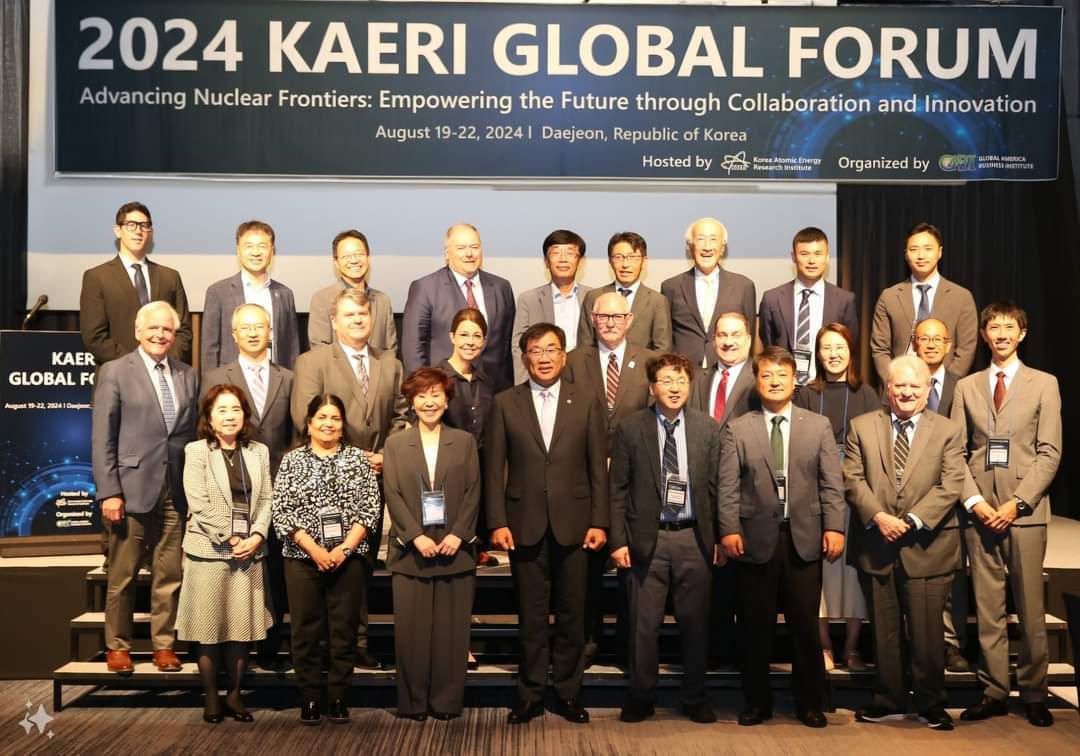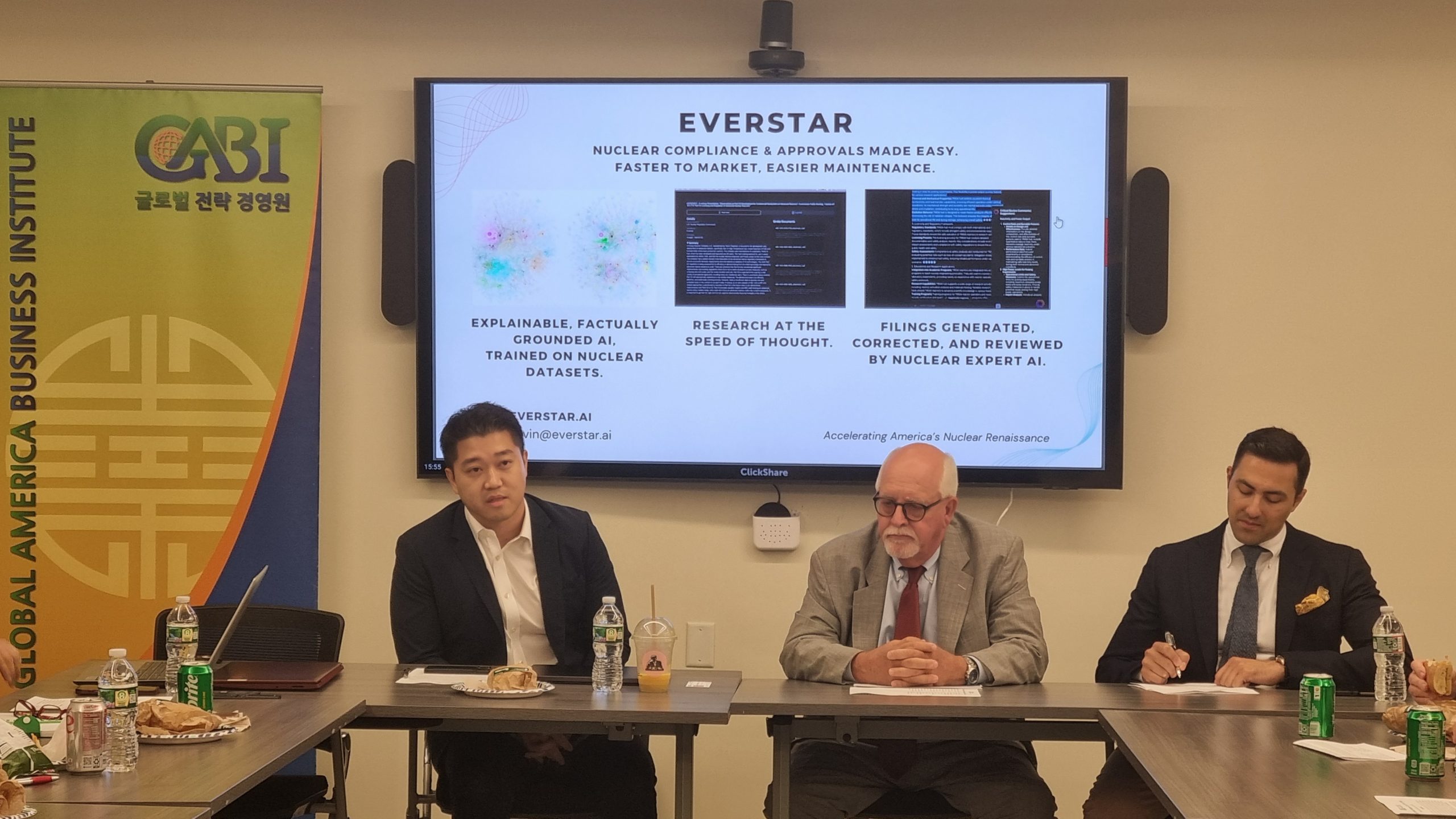In recent years, numerous companies and entities seeking to develop and commercialize advanced nuclear power technologies have emerged in the United States. These technologies, which differ significantly from the conventional light water reactors (LWRs) currently deployed at power plants throughout the country, have the potential to dramatically improve upon the safety, sustainability, and commercial competitiveness of nuclear energy. Many of these reactor designs and concepts possess “walk away” safety characteristics, the potential for industrial and non-electricity applications, drastically improved resource utilization, and significantly more manageable waste streams. Given the importance of nuclear power in providing reliable, low-carbon baseload electricity, these advanced technologies will be essential in ensuring that nuclear remains an important part of the United States’ energy future. At present, commercialization of these advanced nuclear technologies face a number of key policy, commercial, and technical barriers. Although a number of factors will influence the ultimate prospects of many of these advanced concepts, of particular note are the critical roles of the U.S. Nuclear Regulatory Commission (NRC) in developing familiarity with and expertise in these emerging technologies and instituting fee structures and a phased, predictable, and timely licensing review process for developers of such technologies.

